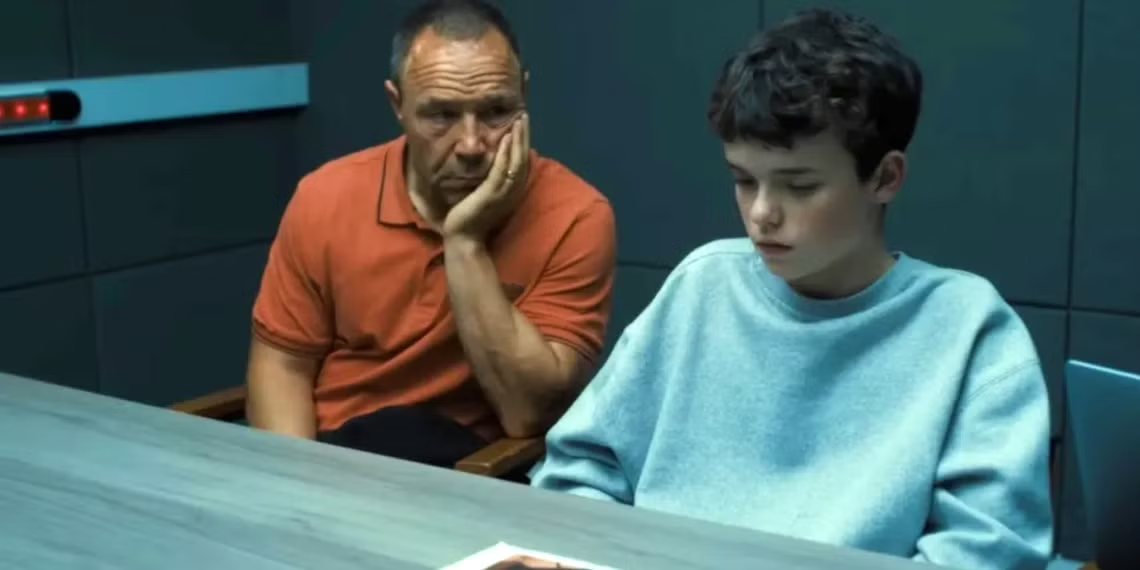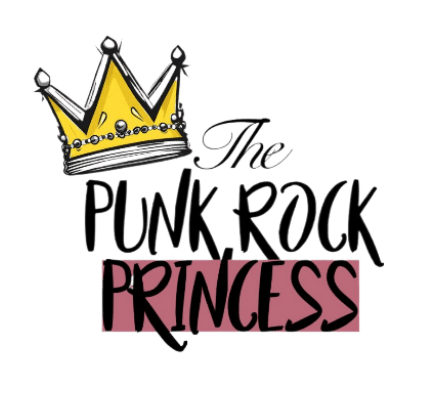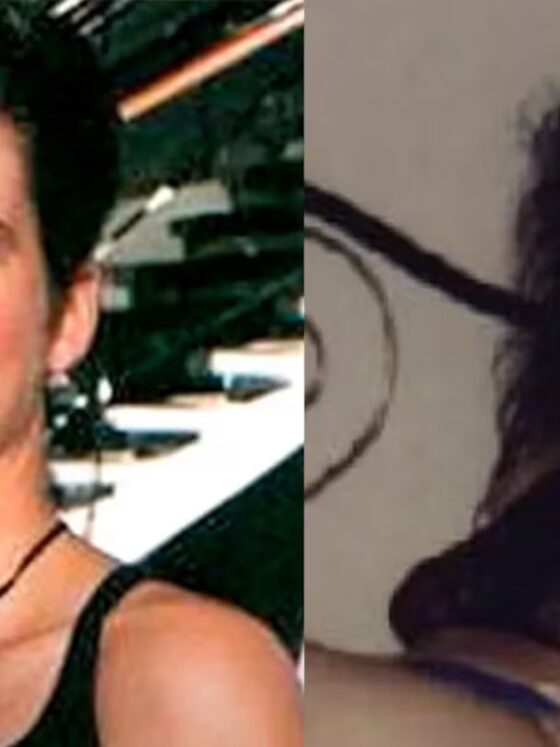Let’s discuss Adolescence, Netflix’s latest masterpiece that has left viewers staring into the void and whispering “Why?” like a heartbroken Stephen Graham. The show has hit over 60 million views globally since its January release (yep, that many), and it’s not just because of the gripping crime or the twisty police interviews. It’s because adolescence holds up a mirror. And what stares back is something a lot of us would rather not look at.

So if you came for answers… well, buckle up. This one’s more about asking the right (and very uncomfortable) questions.
From top of the class to the top of Netflix
Adolescence is the kind of show that punches you in the heart and then asks if you’re okay — spoiler: you’re not. The series, featuring Stephen Graham as Eddie and Owen Cooper delivering a breakout performance as Jamie, subverts the conventional crime drama formula. Instead of focusing on the victim, it forces you to walk in the shoes of the perpetrator — a 13-year-old schoolboy.

Why did Jamie kill Katie? How could someone so young do something so horrific? Adolescence doesn’t give you a tidy “true crime podcast” explanation. It gives you layers — and the slow, suffocating sense that this isn’t just about one boy.
Need a palate cleanser after this one? Here’s a list of shows that won’t crush your soul.
It’s not a phase, Mum — it’s incel culture
Let’s be blunt. Jamie is a victim too — not in the same way as Katie, of course, but in the sense that he’s been chewed up and spat out by a culture that teaches boys to bottle up their feelings and strike out when they feel rejected.
He’s labelled an “incel” on Instagram. He’s mocked by classmates. He’s already deep-dived into online forums dripping in misogyny, where terms like “80/20 rule” are gospel and women are blamed for everything from bad hair days to the collapse of civilisation.

It’s horrifying — and terrifyingly familiar. These aren’t just internet weirdos in basements anymore. This ideology is in schools, in DMs, and in the hands of boys who don’t know how to deal with shame, rejection, or being human.
Masculinity: now with extra trauma
Jamie’s interpretation of masculinity is incredibly adaptable. Thanks, Dad. Eddie isn’t abusive. He loves his son. But he’s emotionally constipated — the kind of man who expresses love through awkward nods and boxing gloves.

Eddie’s own dad was violent, and while he’s tried to break that cycle, he hasn’t exactly filled the house with open conversations and warm hugs. Jamie doesn’t just inherit his dad’s chin — he inherits his silence, his shame, and that good ol’ British “stiff upper lip” that just turns into bottled rage.
He can’t express emotion unless it’s through fists or fury. He doesn’t understand rejection, because no one’s ever taught him it’s survivable. And worst of all, he doesn’t know how to ask for help — only how to explode.
Are you curious about other shows that tackle masculinity? Please take a look at this list of TV dramas that address the topic effectively.

When Instagram comments kill
One moment Jamie’s scrolling; the next, he’s a headline. That’s the horror Adolescence captures so well — the small spark that ignites a fire no one can put out. He’s not a monster. He’s a kid. And yet, what he does is monstrous.
We see him unravel after a post calls him an “incel”. We see how that single comment plugs into a hundred other insecurities. How it fits neatly into a narrative already fed to him by toxic memes, ignored pain, and schoolyard taunts.

Katie didn’t incite Jamie’s anger, but her remark ignited the flame.
Eddie’s not alright either
Let’s not forget Eddie. Adolescence doesn’t absolve him of responsibility. He’s not just a grieving dad. He’s a blueprint. His inability to open up, his simmering anger, and his “boys don’t cry” attitude are exactly what warped Jamie’s view of what a man should be.
Even the show’s psychologist links Eddie’s father to a generational cycle of male suppression masquerading as strength. At one point, Eddie shares a memory of pretending to get in a fight just to impress his father. That’s what he thought made him a man.

It’s no wonder Jamie, who doesn’t like football, doesn’t like boxing, and doesn’t like talking, feels like a failure.
The bigger picture: what Adolescence is really saying
This isn’t just a show about a boy who committed a crime. It’s about all the things that made him believe he had no other choice. It’s about:
- Incel ideology infecting teen boys like a virus
- Male stereotypes that equate silence with strength
- Parenting models that prioritise toughness over tenderness
- Social media turning shame into performance

It’s about the uncomfortable truth that sometimes, the worst behaviour starts in the most ordinary places — homes, schools, and group chats. Adolescence doesn’t ask you to forgive Jamie. It asks you to understand him. And to ask yourself how many Jamies are out there right now, angry, isolated, and spiralling.
Read next: The dark side of social media — and how to protect your kids.
Final thoughts: this one will stick with you

Adolescence isn’t binge fodder. It’s not background noise. It lingers in your mind, akin to a pebble in your stomach. And honestly? That’s why it is important. So if you’ve finished watching and you’re still trying to make sense of it all —the same. Maybe that’s the point. Perhaps it’s our destiny to endure such discomfort.
Because until we unpack how boys are taught to feel, or not feel at all, nothing changes. And no amount of TikTok therapy is going to fix that overnight.
Have you watched Adolescence yet? What did you think? Please let me know in the comments — or if you’re feeling brave, let’s talk about it over a coffee.
















